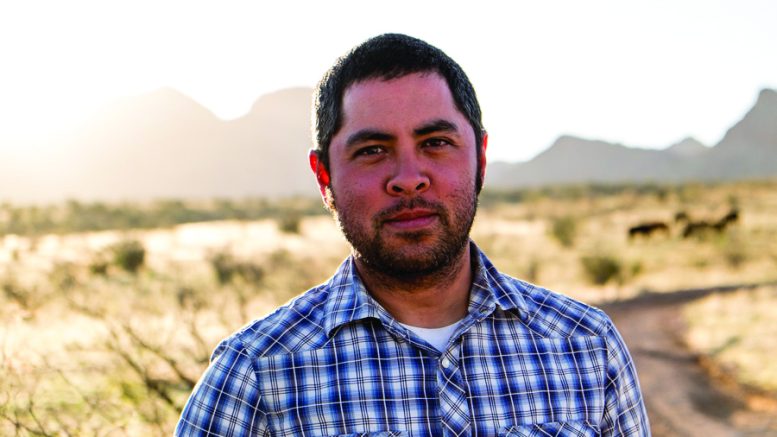Blistering heat, Martian terrains and merciless thieves — these are just some of the dangers undocumented migrants from Latin America face when crossing the border to the U.S. in search of a better life.
In his 2015 non-fiction The Land of Open Graves, anthropologist Jason De León examines the lives of those who attempt to cross the U.S.-Mexico border. He tells the stories of those who successfully made the journey, as well as the many who did not survive.
One such person was Maricela, a 31-year-old woman who lived in a plywood shack with her husband and three children in an Ecuadorian shantytown. She left for the U.S. in hopes of finding a job, but she died while crossing the Arizona desert, where De León later found her body.
José, another migrant, was a 15-year-old Ecuadorian boy, and his parents migrated to New York years earlier to support him and his siblings. José crossed in hopes of reuniting with his parents, but he vanished into the desert. His body was never found, leaving his family without closure.
De León argues that these cases are neither uncommon nor accidental. Instead, they are the result of “Prevention Through Deterrence,” an anti-migration strategy implemented by the U.S. government. Under this policy, the U.S. government blocks popular crossing routes and funnels migrants through the most dangerous parts of the southwestern deserts to discourage border-crossing. In the past 25 years, at least 10,000 migrants have died attempting the journey.
By spending time with migrants in their home countries, in the U.S. and along the border, De León paints a complete picture of the lives they lead. He reminds readers that these individuals knew the risks of crossing but acted out of desperation.
De León’s descriptive and sometimes explicit writing style made the book an immersive read. My stomach sank when he wrote about José’s grandmother who still wanders the streets at night hoping to find him. The graphic descriptions and photographs of Maricela’s body, abandoned in the desert, were difficult to stomach. The reader has no choice but to confront these brutal realities.
By telling the stories of those silenced by immigration status or death, The Land of Open Graves humanizes migrants and calls for empathy toward those often scapegoated by society.
Today, tensions between migrants and American citizens have only escalated. Donald Trump recently started the mass deportations of migrants to countries including Mexico, Colombia and India. Despite allegations of torture and indefinite detention, Guantanamo Bay is expected to receive up to 30,000 deportees.
Though Trump’s plan to end birthright citizenship in the U.S. was suspended by a federal judge, his immigration policies have sparked protests in cities such as Los Angeles and Washington, D.C.
I am neither American nor in a position to propose immigration policies, but in this era of radicalism and uncertainty, the need for compassion and understanding has never been more apparent.


